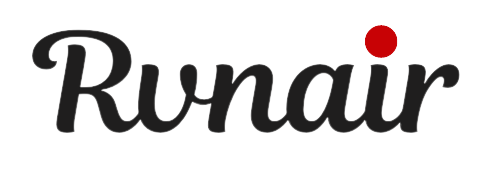When it comes to our personal finances, many of us have changed the way we view our money matters. A recent survey done by Scripbox, a digital wealth manager, found that creating an emergency fund has emerged as the top financial goal in the current environment. So what is an emergency fund? It is a contingency fund that not only helps financially during most difficult times but also prevents the derailment of your saving for long term goals.
Why is an emergency fund important?
Simply because emergencies and the ensuing financial burden cannot be anticipated. In these last couple of years, many of us have seen grave emergencies, including job loss, pay cuts, death of a family member and so on thanks to the novel coronavirus pandemic. Loss of income and medical emergencies can mean that one will have to turn to their emergency fund to tide through the tough times. Thus, it is important to have an emergency fund to fight any exigency. An emergency fund is a contingency fund that not only helps financially during most difficult times, but it also prevents the derailment of your saving for long term goals.
How big should the fund be?
An emergency could be in any form; a small one like car breakdown and a big one like job loss, which may continue for several months. In such a situation you will not only have to manage your household expenses but also continue paying your labilities like EMIs and credit card dues. Therefore, one should at least build an emergency corpus which can at take care of 6-9 months of family expenses.
Where to park your money?
The primary objective of your emergency fund is to help you when you need it the most without any delay. While some emergencies may give you a few hours or days to prepare, others may require funds immediately. Therefore, your emergency corpus must be easily and quickly accessible in the form of cash or in the savings bank account. A part of the funds can also be invested in liquid mutual funds that invest only in money market securities and therefore carry low risk. FDs or RDs can also be considered. Here are some advisable instruments.
The basics: Savings bank account or cash
One-month expenses as a reserve can be kept in a combination of saving bank account and cash. Though cash is highly discouraged, there are many emergencies when it is the only option. Many natural disasters like storm, excessive snowfalls etc. may impact internet connection and so digital payment options may not work. Therefore, it may be a good idea to keep some amount cash to manage 7-10 days expenses. Rest you can keep in your saving bank account.
